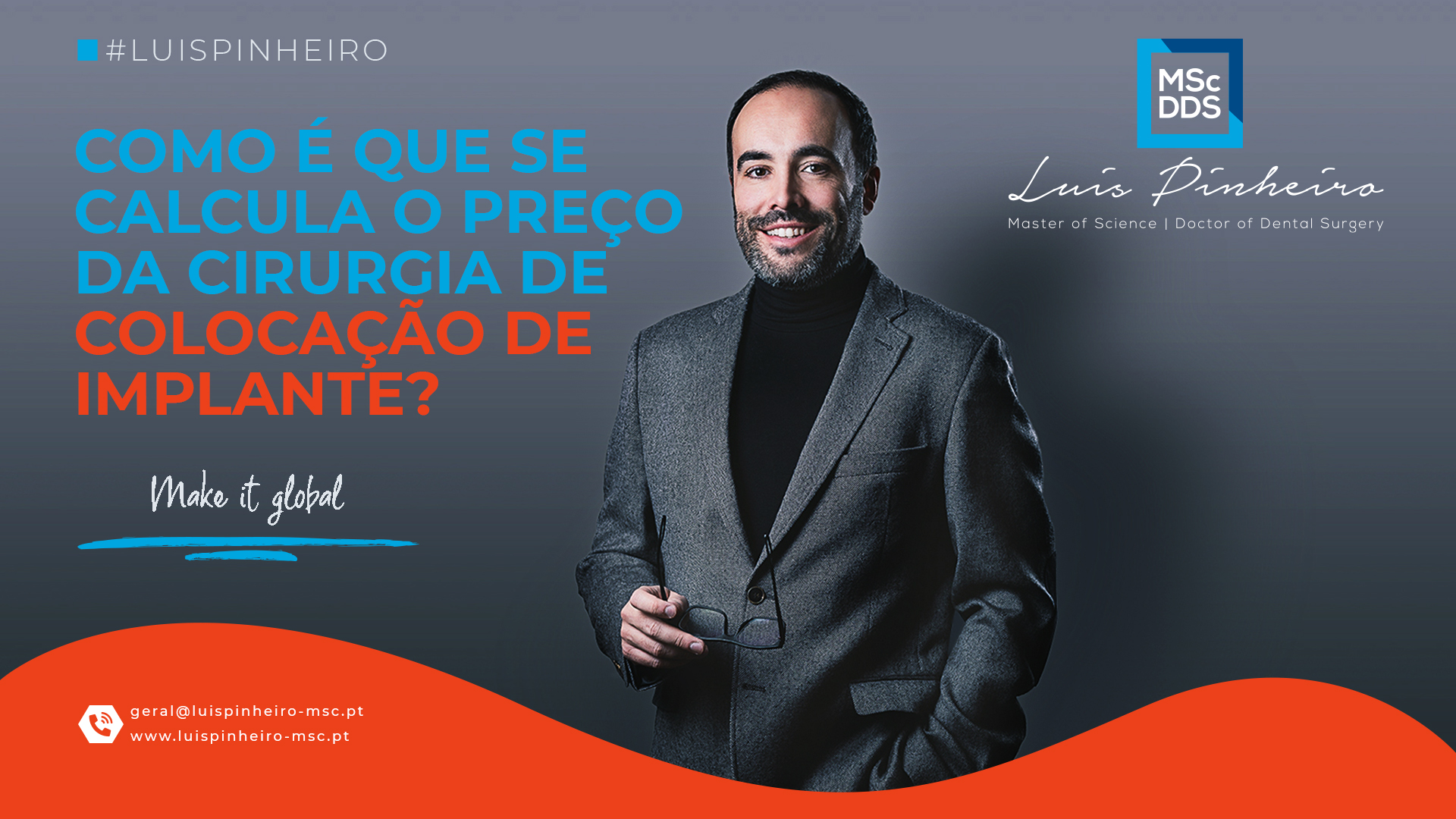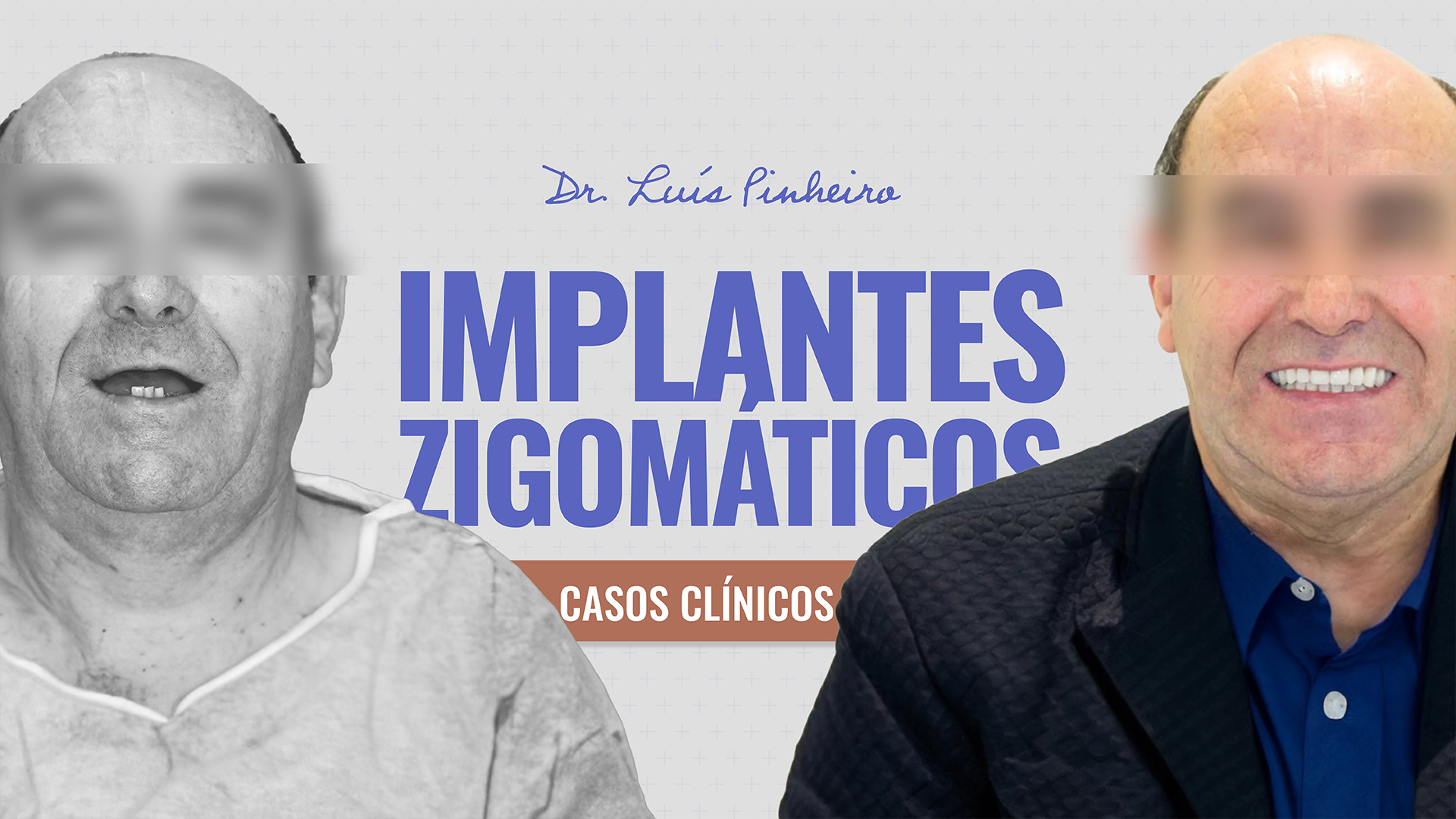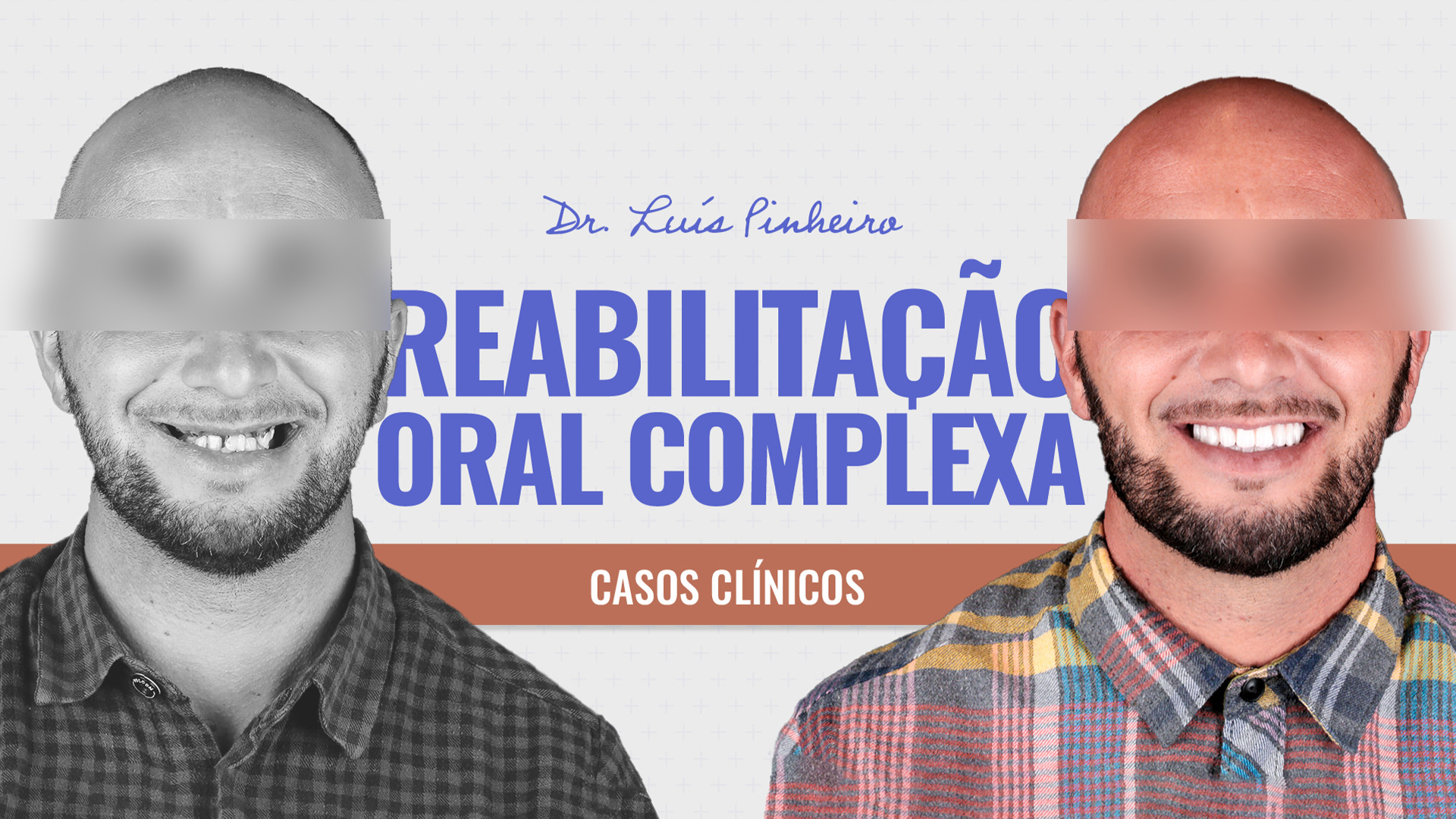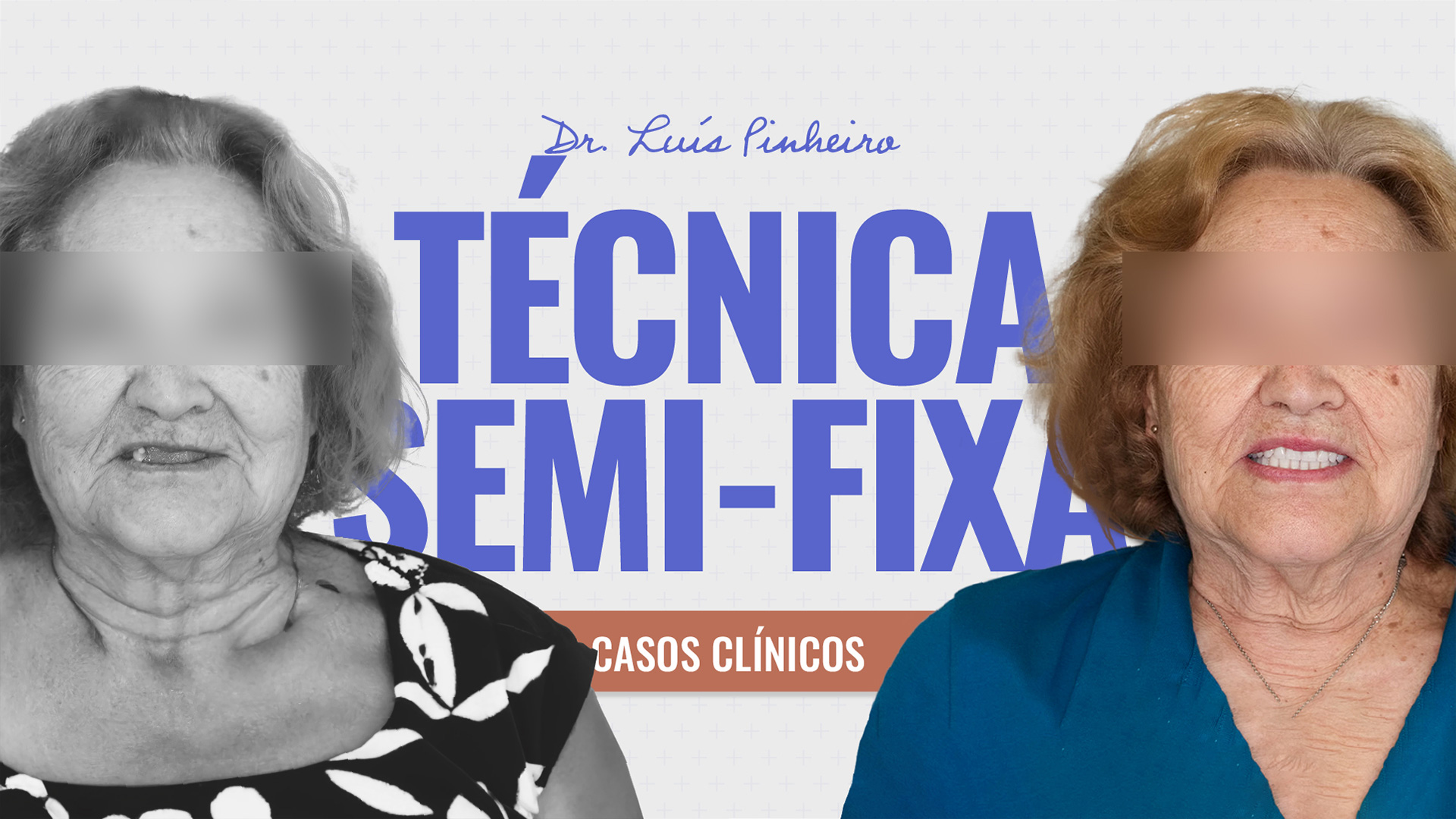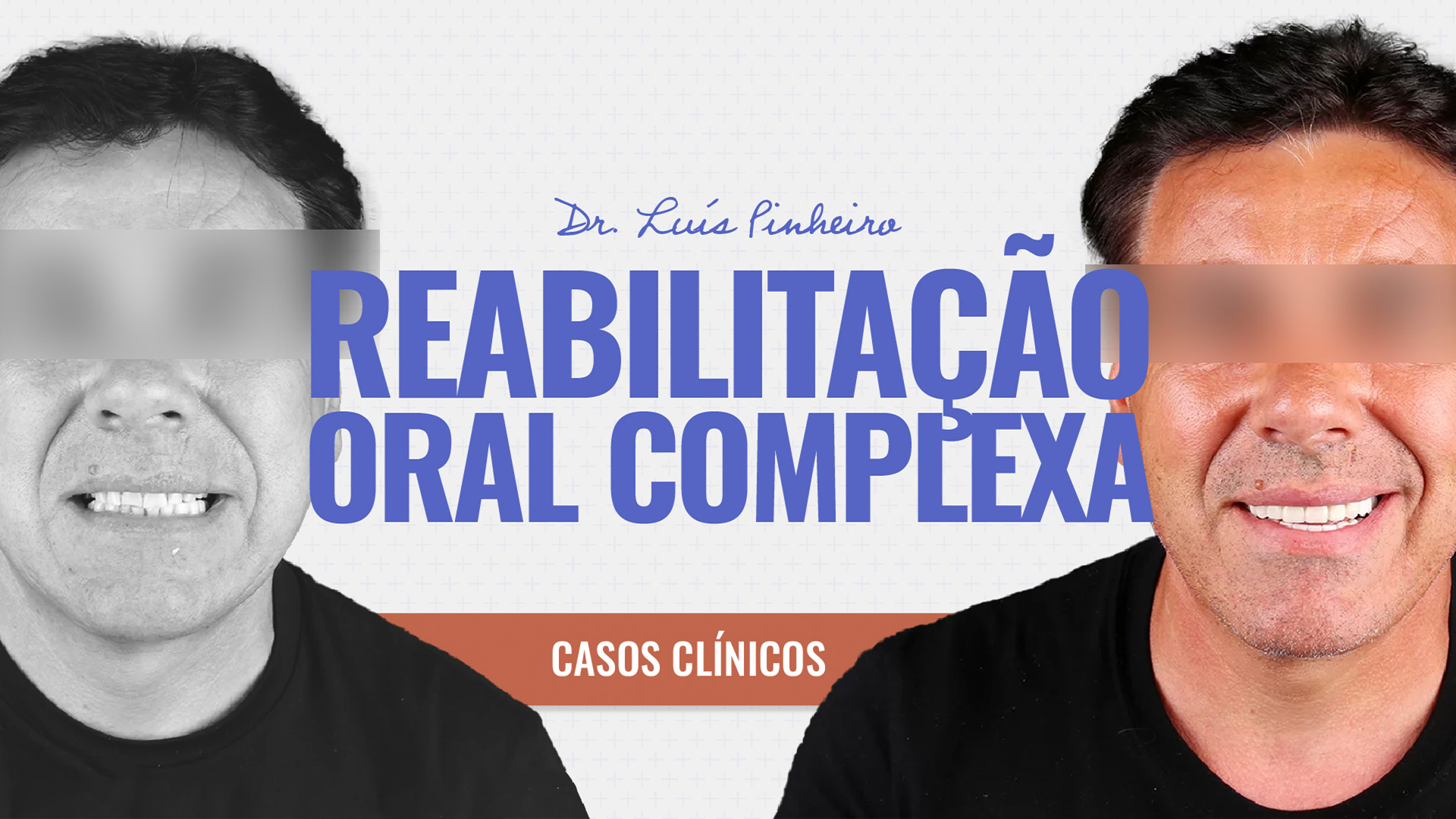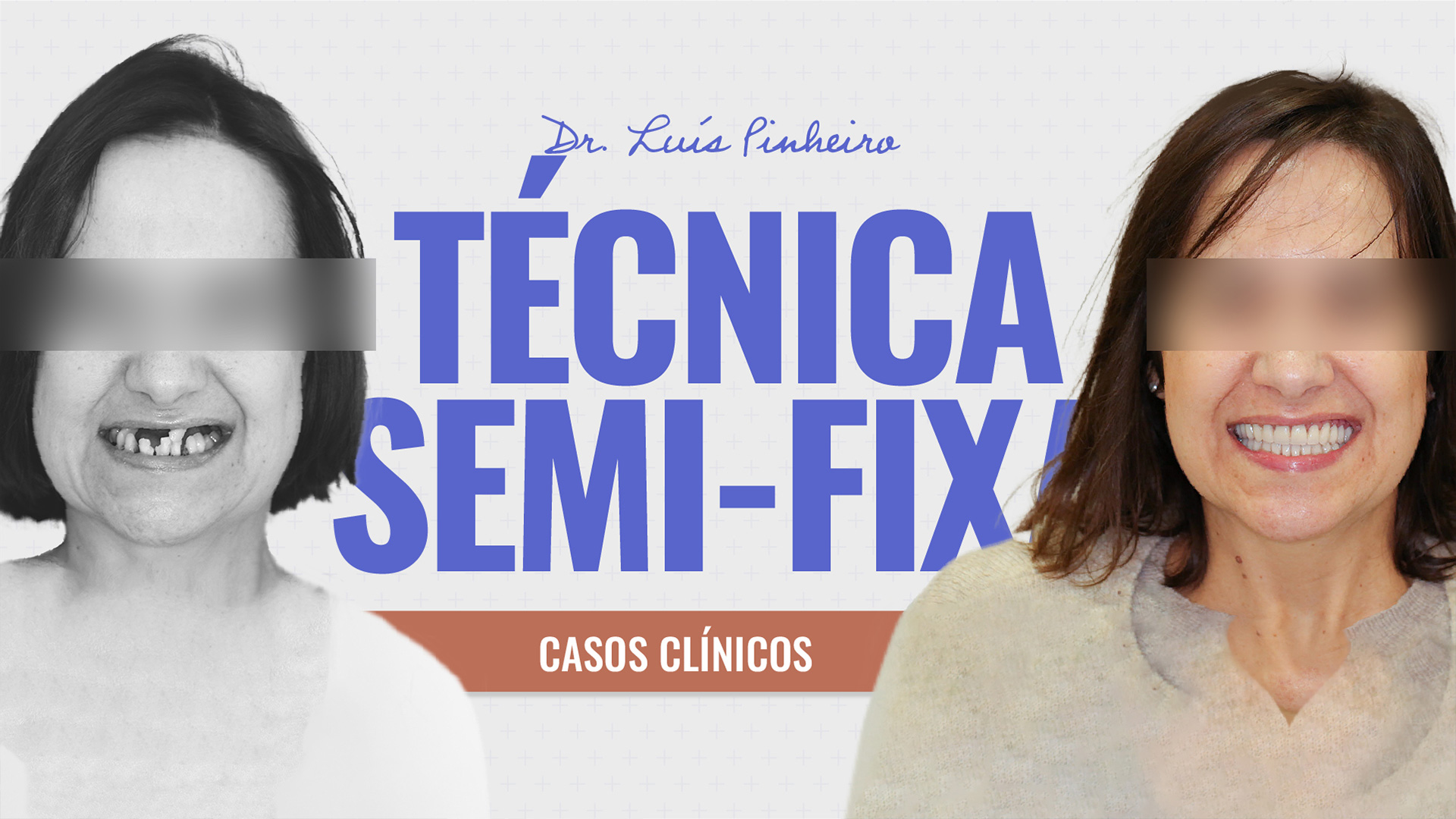Price, price, price and commercial competitiveness. Market value, price comparison, commercial dumping, crushing the competition… and so on. Long gone are the days and trends when medicine and its practice were outside this war without quarter, this market of aggression and aggression. Treatments are sold, experiments are sold, medical services are sold on an instalment basis, at psychological prices. It’s the market at work, they say.
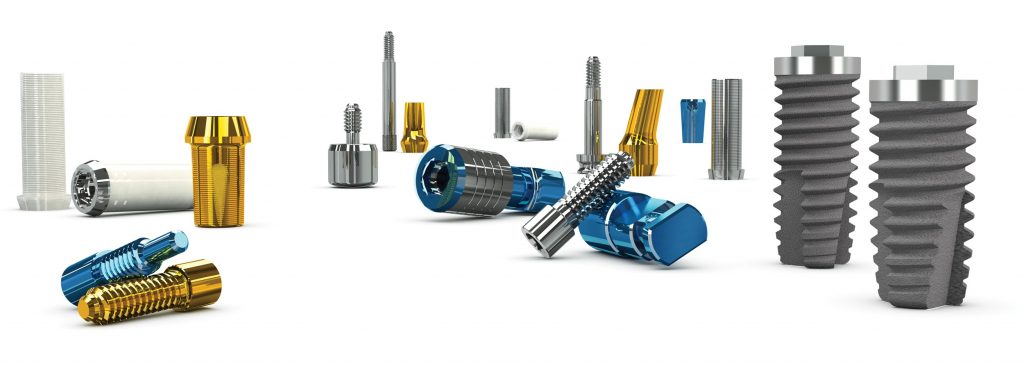
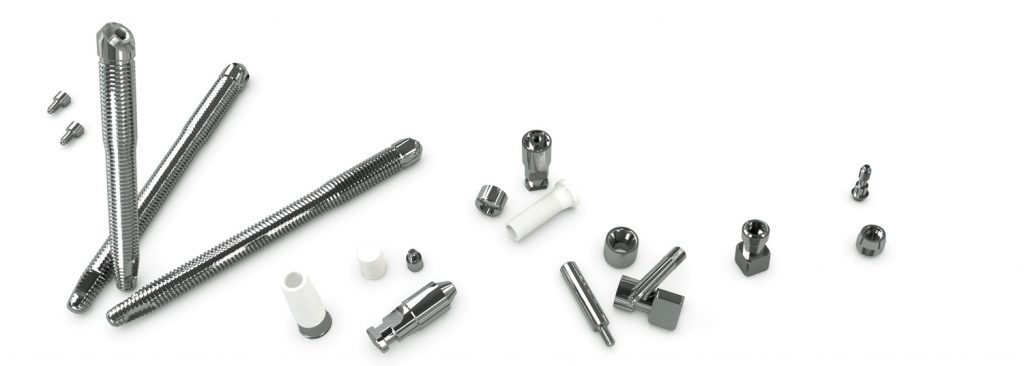

And I respect, understand and agree, but the market has to work, comparing what is comparable, fairly, honestly and in our case, clinically and scientifically.
A medical treatment has several factors to take into account, as you might think:
- The doctor’s CV
- The doctor’s technical ability and experience
- Learning curve of the technique
- Quality of the material used in the treatment
- Quality and responsiveness of the clinic structure
- Quality of the clinic’s facilities
- Training and skills of all team members
In the case of Dr Luis Pinheiro, Oral Surgery and Implantology.
The value of academic, medical and surgical training.
We can’t believe that it’s fair and honest to compare a doctor who has spent at least 4 or 5 more years studying after graduating with someone who hasn’t had the opportunity to travel the same academic and clinical path. We shouldn’t think it’s legitimate for training that cost 4 or 5 times more money to obtain to give the same kind of knowledge, ability and experience as someone who hasn’t done it at all, or who has only done a quick, watered-down training course in order to bypass important stages of training and present themselves to patients with a misleading title.
But as always and in everything in life, we must bet on the side of positivism, optimism, prevention and teaching.
Necessity creates ingenuity and the lack of standardised criteria creates opportunism and less ethical behaviour.
When we talk about the price of implant surgery, for example, what factors might we be comparing and taking into account in order to add “to the shopping trolley” of the final fee bill?
We have to add them up:
- Perhaps the most important criterion of all, which consists of the surgeon’s know-how, aptitude, knowledge, experience and surgical skills.
- The team involved in the surgery, such as the nurse/instrumentalist, surgical assistant and circulating assistant.
- The equipment present in the operating theatre, from the quality of the material to the system for monitoring vital signs and basic and advanced life support equipment.
The experience and comfort of the patient and those accompanying them is also fundamental, from the first contact for the consultation to the recovery room for the post-operative period. We can’t believe that it’s comfortable for a patient undergoing a medium-long surgery (2-3 hours) that as soon as the procedure is over, it’s even safe, in the post-surgical decompression phase, for the patient to be placed in the waiting room with the other patients, or even discharged and taken out of the clinic.
From the patient's point of view, an informed customer.
My main theme continues to unfold and develop around the prism of the observer, the patient, ultimately the customer…
In everything we buy, in every commercial exchange that takes place, we have to put together all the factors that contribute to an informed choice. Once this information has been compiled, we choose according to variables such as the degree of trust that the doctor conveys, the history of the clinic, opinions gathered from other clients, consulting information online and on social networks.
In the end, it’s up to each individual to choose the option that best fits their profile and what they’re looking for, but always making sure that the comparison is fair and not just price.
In my opinion, and it’s a free opinion, conditioned only by my medical conscience and not from the point of view of a manager of my own company, there are too many clinical factors and more when it comes to considering and choosing who will operate on us? And where, under what conditions? And after surgery, what kind of support is available to us?
I provide my patients with a 24-hour number for urgent post-surgical care, answered by a Nurse.
Dental implants. And what guarantees?
The price of the implant includes a guarantee, which is extended at each annual check-up, where I have clinical and radiological procedures that allow me to control the survival of the implant within the limits of what is clinically acceptable.
The price of the implant also includes the study, planning and diagnosis carried out by me and my team, with accurate imaging, such as panoramic X-rays, CT scans when the case requires it, study models, detailed and clinical photographs, digital design programmes to obtain predictability of the before and after treatment with simulated photos of the patient.
Guarantee
Because when the contract for implant placement is signed, the type of guarantees and the type of maintenance protocol that will be carried out over the years during which the patient will have the treatment in their mouth, in a healthy and aesthetically favourable way, must be included.
The principles of comparison for a dental implant placement treatment apply to any type of medical and dental treatment.
I believe in the added value of those who know what they're doing.
I believe that quality, effectiveness, efficiency, knowledge, experience, the type of post-surgery, will always be recognised by patients, and when the message passes from mouth to mouth, it has an effect and our work is recognised.
The purpose of this text for the Clinic’s blog is to raise the critical awareness of our current and future patients, so that when they make a choice, they always bear in mind that implant surgery is not about buying a screw to put in the bone, because if that were the case, the patient would go to a shop, a supermarket or a pharmacy, buy the screw and apply it. What is being paid for is all the surgeon’s accumulated knowledge and experience to be able to carry out both the easy and the more complicated surgeries, to be able to react with the same professionalism and skill in good times as in bad, and it is with this point in particular that I end this text:
The cheapest price, the price that “crushes the market” and sells implants as if it were selling “screws in quantity and made to measure”, when complications occur, situations that are not foreseen, both for Oral Rehabilitation and for the patient’s own health, such as various intra- and post-operative complications that can arise, such as haemorrhages, infections, loss of implants, if the price of the necessary treatments, containment and resolution measures will also be covered by protocols of action in Balances?
I hope I’ve been able to contribute in some way to informing patients and if you have any further questions, please don’t hesitate to contact me using the usual contact details.

